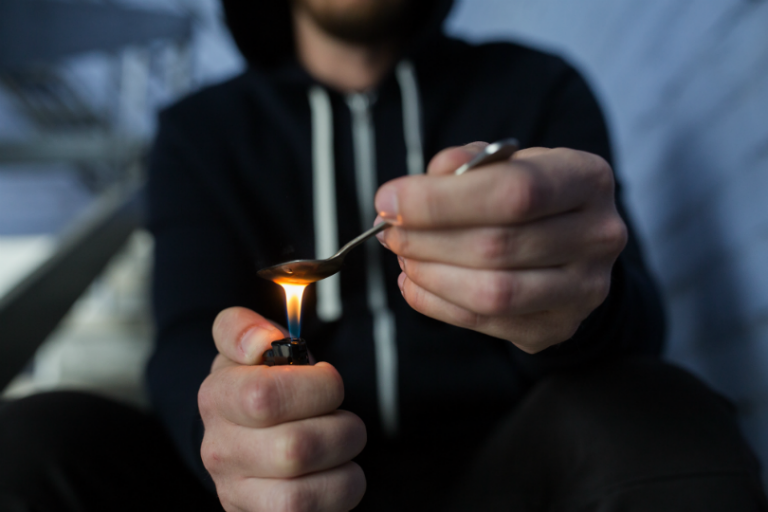Due to its cheap price, crack cocaine has grown increasingly popular during the past five years, leading to a shift in popularity from heroin to cocaine among the Brussels-Capital Region's drug users, according to the Lama Project, an association that offers therapeutic support for drug addicts.
While cocaine is best known as a powder drug that is usually snorted, crack cocaine is derived from combining the drug in its powdered form with water and another substance usually baking soda. The mixture is then boiled until it becomes solid. Once it is cooled, it is broken into smaller pieces which are then sold as "crack" – which is both cheaper and more addictive than "regular" cocaine.
As crack – a drug that is typically smoked – has now become the dominant drug of choice for users, the director of the Lama Project Eric Husson spoke of an increase in dependence on cocaine among drug users in Brussels, in an interview with La Libre on Monday.
He added that those who consume regular cocaine recreationally, on nights out for example, rarely come to the Lama Project for help as it mostly deals with the more precarious and vulnerable groups who have taken to crack cocaine.
Unsatisfactory solutions
The project's director explains that this is a new phenomenon, as users "previously had to prepare it themselves," while for €5 to €10, they "can now buy crack that is already processed by the piece," which leads to a short trip that users are in constant search of.
This can result in the capital's most vulnerable young people being easy prey for dealers, with the risk that "they slip into a form of consumption that will reinforce their vulnerability" and leads them to stay on the streets where they are sure to find products.
Furthermore, with the price of a gram of regular cocaine having dropped to €50 or €40 per gram, the association has witnessed "workers burning their paychecks overnight."
Related News
- 70 Belgian police officers convicted each year for drug and alcohol use
- 'Dare to legislate': Brussels mayor repeats call to legalise cannabis
- One in three residents in Belgian care homes given antipsychotic drugs
As a result, the Lama Project is increasingly looking for a way of treating cocaine addiction, which is complicated by the lack of a standard substitution product that exists for the drug (methadone, for example, can be prescribed to heroin addicts to help them kick their dependence).
"We try to supplement them with psychological and social support and risk reduction strategies, but what we offer is not satisfactory," said Husson.
However, the association praised the installation of drug consumption spaces in the capital, with the first one having been opened in Brussels earlier this year. For Husson, these rooms offer users a safe space that helps them to build a treatment pathway.

